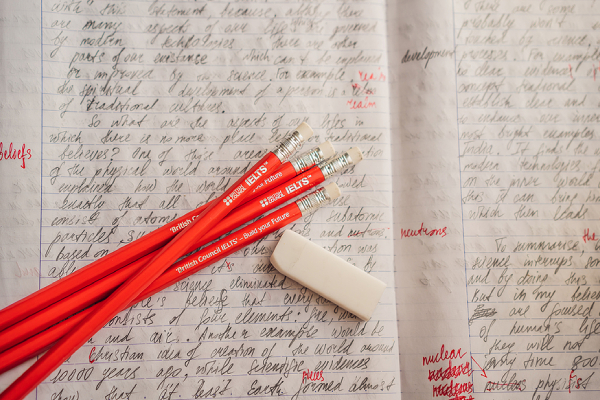Most people agree that a child learns a new language very quickly. That is unlike us, the adults, who often have to sign up for English courses and toil through several nights struggling to make meaningful gains. On the other hand, children can pick up new vocabulary, use it and make it seem effortless.
It makes sense to, therefore, observe children and borrow a few techniques to improve our language skills.
Here are five lessons we can learn from children.
Children Use Their Primary Interests to Learn
If you’ve ever been around little kids, you must have noticed that they use their primary interests to learn a language. As the child explores her world, she focuses entirely on whatever captures her attention. At that moment, the rest of the world doesn’t matter. For instance, if she picks a ball and can pronounce the name, no amount of re-direction from the ball will succeed. The child might refer to all other play items as “ball.” Since she focuses on the word intensely, the word is fixed in her mind.
If you have already signed up for the IELTS classes in Singapore, this technique can help you master the basics.
Children Begin by Focusing on the Easy Stuff – What they Can Understand
Forget about the world economy or complex issues related to your area of study. Instead, focus on what you can understand. Or what is easy to understand. Think about the things and people around you. Can you express yourself in English and communicate about or with them?
Children do this, and that’s why they learn new languages fast. If something is too complex to comprehend, they won’t stress over it. They focus on what they know, things and people around them — not complex issues like the world economy or global warming.
Children Want to Participate in their Environment
In the same way, they want to say what others around them are saying. It doesn’t matter the language; they’ll say it.
This strategy is so effective that many tutors from English courses in Singapore use it to sharpen their students’ skills. You’ll find students repeating words and sentences out-loud in unison after the tutor.
Children will practice what they’ve learned relentlessly
When a child learns a new word, he or she puts it to practice immediately. They keep at it until they get it right. They don’t worry about mispronouncing the word. They utter the words as they best know how to and if the child communicates successfully, it builds her confidence.
Children Have no Fear of Failure
The biggest reason why children practice relentlessly is they have no fear of failure. A child will utter a word as they know it without fearing ridicule or any repercussions. In turn, it builds their confidence, and they get to expand their vocabulary faster. You can do the same too and practice confidently without any fear of failure.












